Central America
Ortega to declare April 19 as “National Peace Day” in Nicaragua
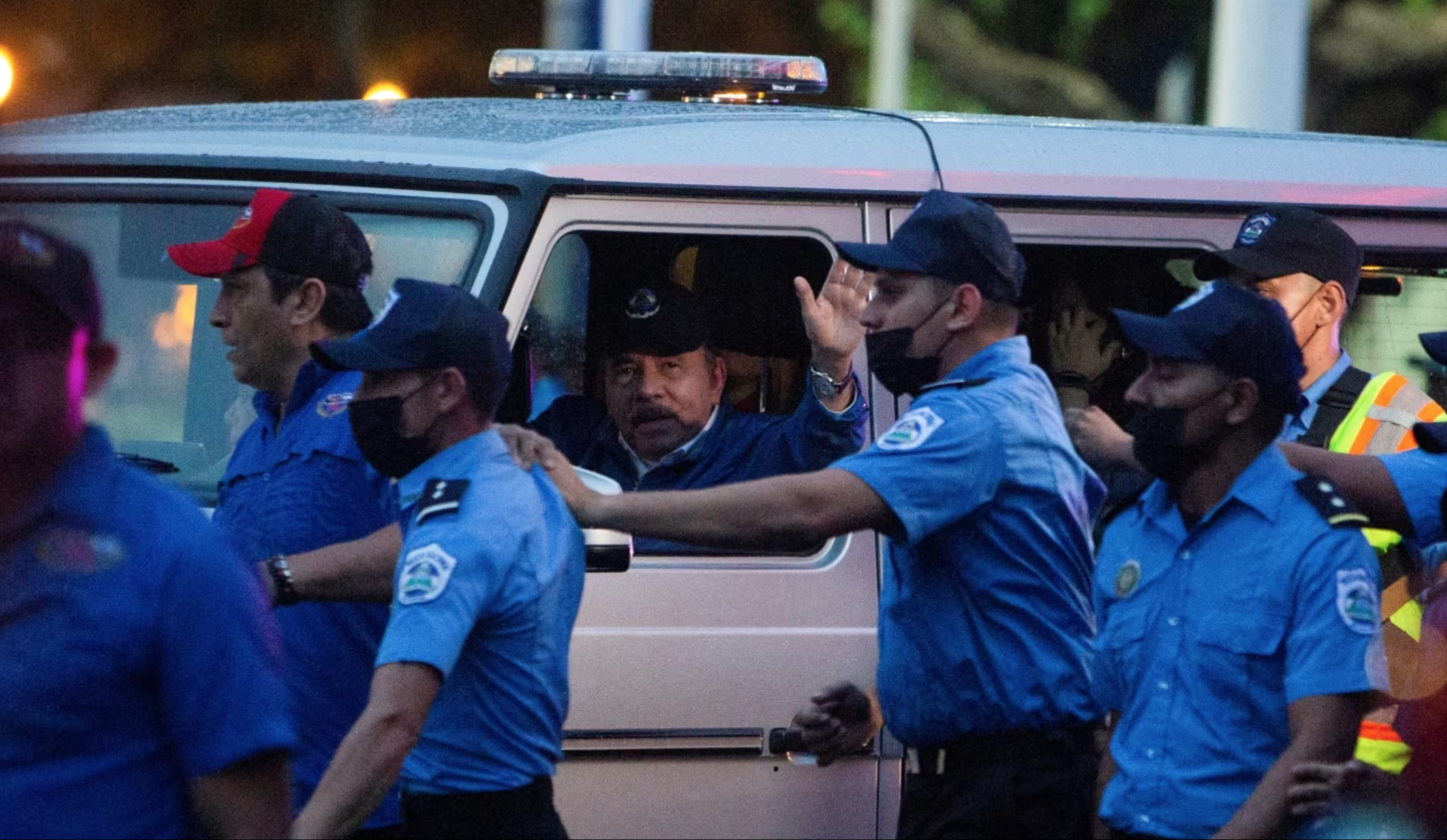
April 14 |
The government of Daniel Ortega will declare April 19 as “National Day of Peace”, on the fifth anniversary of the beginning of the protests against the president, which were violently repressed, leaving at least 300 dead and thousands of exiled, according to human rights organizations.
Ortega’s wife and also vice-president, Rosario Murillo, announced in the pro-government media that the decree will be issued by the National Assembly in the coming days during a special session and said that with it “they seek to safeguard peace in all its forms”.
“We have decreed this month of April as the month of peace, harmony, tranquility, security, stability and progress against poverty,” said the official who was sanctioned by the United States, which accuses her of having led the repression in Nicaragua in April 2018.
The opposition has scheduled a series of demonstrations next weekend precisely in remembrance of the date. In doing so, they assure that they will demand justice for the victims of state repression in the Central American country.
In Miami, the diaspora announced at least two demonstrations on Sunday, as well as in San José, Costa Rica. In Mexico, Canada and Spain there will also be vigils and concerts alluding to April 2018.
Ortega, who has been in power for more than 15 consecutive years, has branded the protests that erupted in Nicaragua as a coup attempt and has said without evidence that they were sponsored by the United States and the international community.
The president has also launched a crusade against critics and 222 Nicaraguan opponents were banished to the United States and had their citizenship revoked, including seven people who aspired to run in the 2021 presidential elections, which have been labeled as “a farce” by a large part of the international community.
Nicaragua is experiencing its worst political and social crisis in the last 30 years as a consequence of Ortega’s repression. The US has imposed sanctions on a dozen officials close to Ortega for this reason and maintains Nicaragua as “a threat to national security”.
Central America
Arrests and clashes in Tegucigalpa as vote count continues after Honduras election
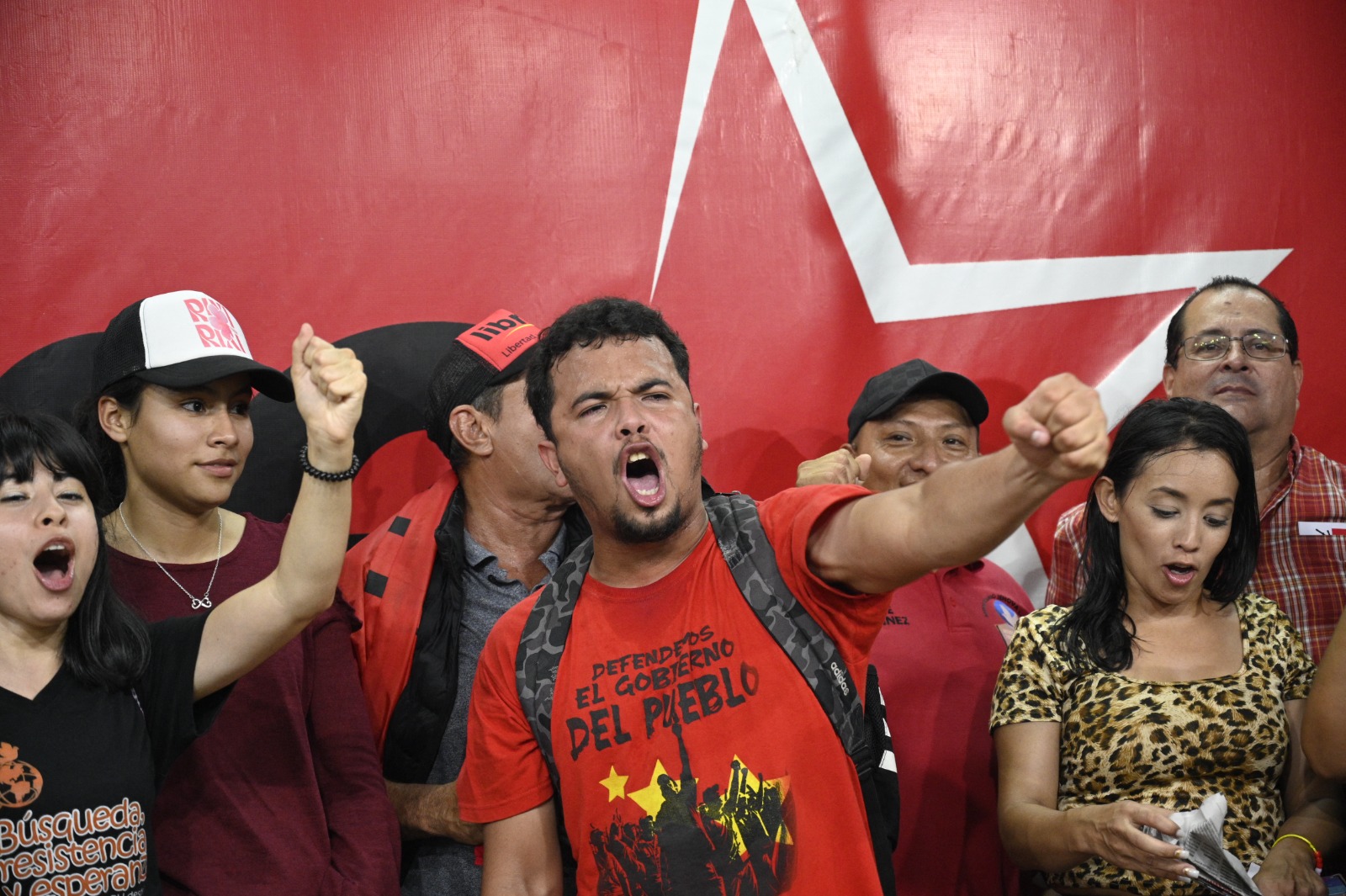
Protesters affiliated with the ruling Liberty and Refoundation Party (Libre) gathered in a demonstration that led to several arrests, disturbances, the burning of tires, and left at least 15 people injured outside the center where votes from Honduras’ November 30 general election are still being counted.
The group assembled on Monday outside the National Institute for Professional Training (INFOP) in Tegucigalpa, after President Xiomara Castro called on supporters through social media, claiming that a “new coup d’état” was being plotted in Honduras.
“I call on the people, social movements, grassroots organizations, party militants and citizens to urgently and peacefully gather in Tegucigalpa to defend the popular mandate, reject any coup attempt and make it clear to the world that a new coup is taking shape here,” the president said.
Castro has stated that she does not recognize the partial election results, which currently place right-wing candidate Nasry Asfura in the lead with 40.54% of the vote, followed closely by liberal candidate Salvador Nasralla with 39.20%. The ruling party’s candidate, Rixi Moncada, remains in a distant third place with 19.30%, with no realistic chance of a comeback.
Both the Libre Party and the Liberal Party, led by Castro and Nasralla respectively, have alleged electoral fraud. On Tuesday, the two parties agreed to participate in the special review panels that the National Electoral Council (CNE) says will finalize the count by reexamining 1,081 polling records flagged for irregularities.
Former president Manuel Zelaya, Castro’s husband and a senior figure within Libre, said last week that according to his party’s own nationwide tally of presidential ballots, Nasralla—a former Libre member—won the election.
Central America
Bukele says AI partnership with xAI will transform public education in El Salvador
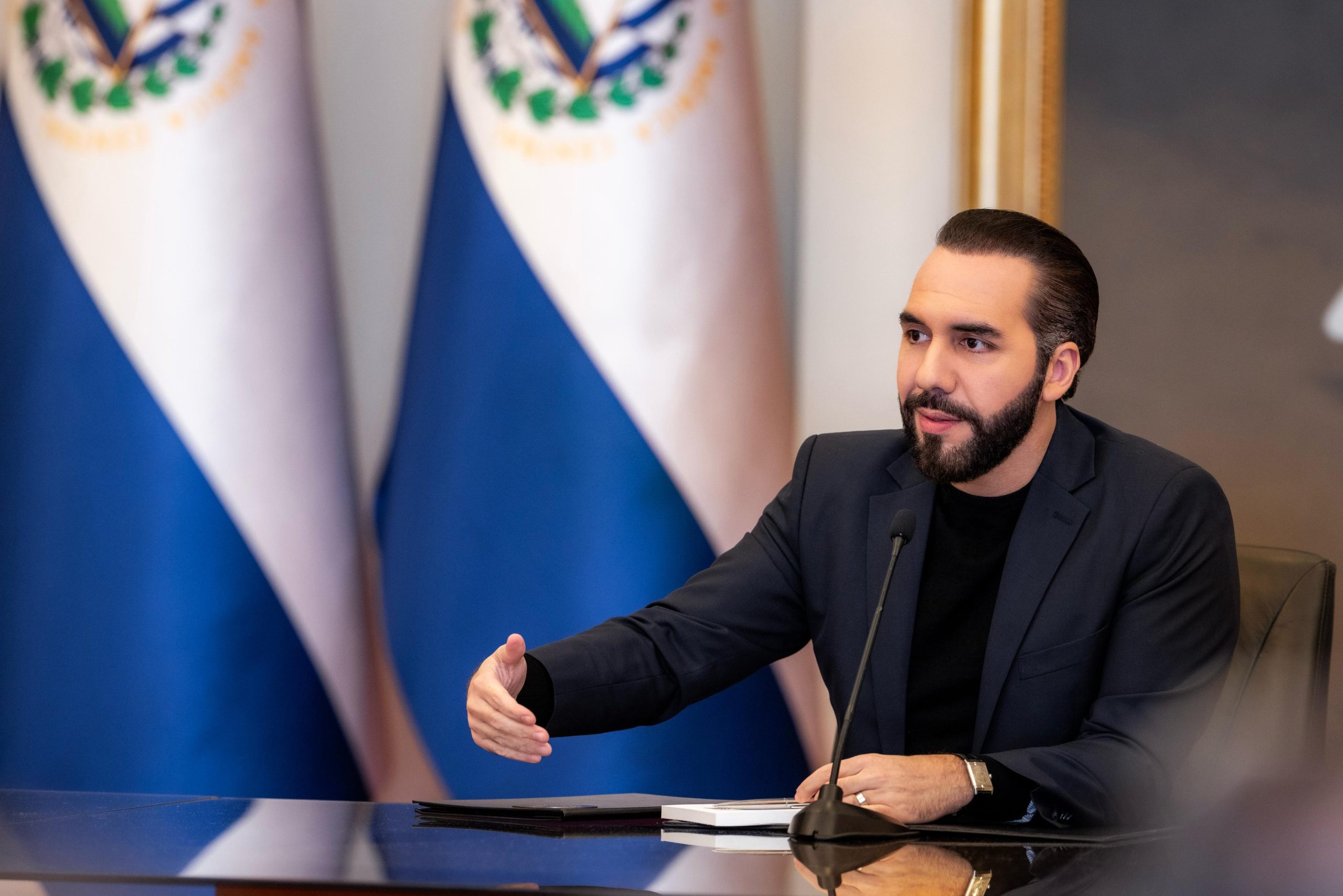
President Nayib Bukele stated on Monday that the implementation of Artificial Intelligence (AI), with the support of Elon Musk’s company xAI, will help redefine the future of public education in El Salvador.
“El Salvador and xAI will redefine the future of public education. Children will not use Grok the same way we use it,” the president wrote on X.
Last week, Bukele and Musk announced a partnership to provide personalized tutoring through the AI assistant Grok for all students enrolled in public schools across the country.
This pioneering alliance between the Government of El Salvador and xAI represents the launch of the world’s first national education program powered by artificial intelligence.
“Grok will be used in all public schools in El Salvador over the next two years. More than one million students will receive personalized tutoring. Thousands of teachers will receive assistance and support as partners in the educational process,” the president explained.
Meanwhile, FMLN Secretary General Manuel Flores described the incorporation of AI into public school education as “reckless,” arguing that many schools still lack basic services such as electricity and internet access.
“Schools do not even have desks. They said: ‘All schools will have internet’; that promise was not fulfilled. And others used to say: ‘The only promises that matter are the ones that are kept,’” Flores said during his regular Monday press conference.
Flores questioned who would teach artificial intelligence classes, noting that in some areas schools lack televisions or electricity. “How are they going to have internet? Starlink [satellite internet service] has already been announced five times,” he added.
He further labeled the AI-driven education program promoted by President Bukele as “another lie,” comparing it to the “Two Schools a Day” initiative, which he claimed is “pure propaganda.”
The “Two Schools a Day” program was announced earlier this year and involves the construction or reconstruction of public schools nationwide to improve educational quality. The project is being implemented by government institutions such as the National Directorate of Municipal Works.
Central America
El Salvador ranks among top countries in the Americas in fight against organized crime
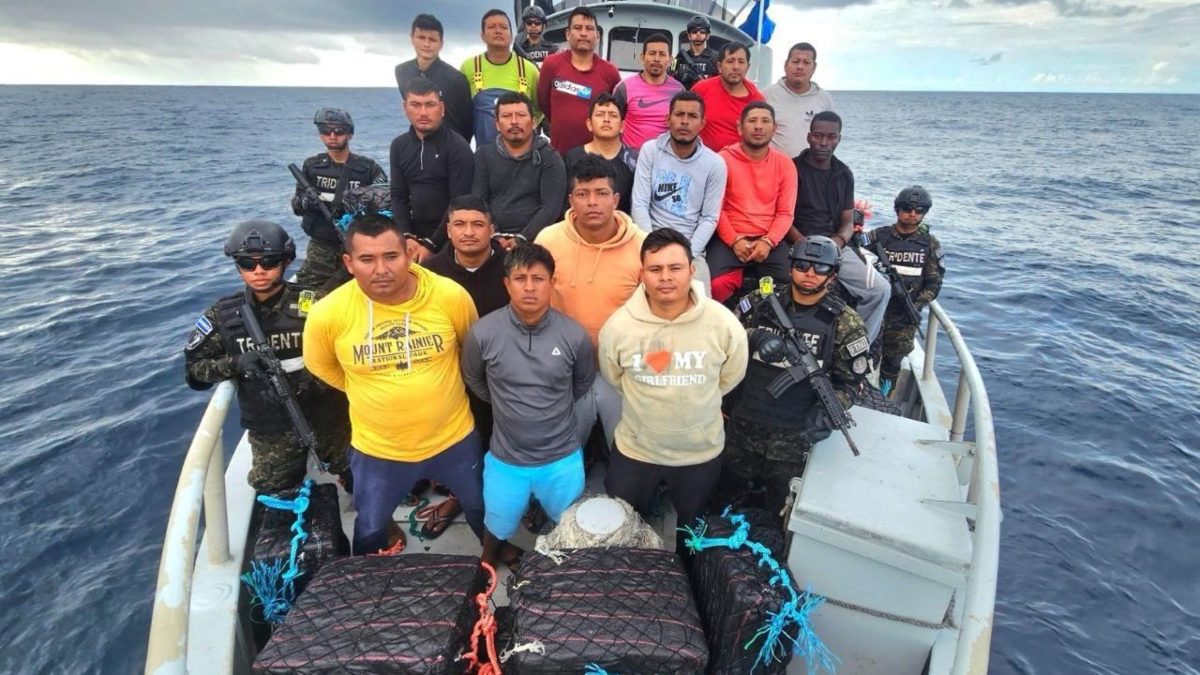
El Salvador has positioned itself as the country in the Americas with the strongest performance in the Global Organized Crime Index (GOCI), ranking 18th out of 35 countries in the region and 77th out of 193 nations worldwide that are engaged in the fight against organized crime.
According to the index, El Salvador outperforms Mexico, which ranks 2nd in the Americas and 3rd globally, as well as the United States, which holds the 14th position in the Americas and 60th worldwide.
The Global Organized Crime Index evaluates multiple indicators, including criminal markets, human trafficking and smuggling, extortion, arms trafficking, counterfeit goods trade, illicit trade in excisable goods, environmental crimes involving flora and fauna, crimes against non-renewable resources, heroin, cocaine, cannabis and synthetic drug trafficking, cyber-dependent crimes, financial crimes, mafia-style groups and criminal networks.
Within Central America, El Salvador surpasses Panama, which ranks 8th in the Americas and 21st globally; Costa Rica, ranked 13th in the region and 58th worldwide; Nicaragua, ranked 16th and 69th; Honduras, positioned 5th in the Americas and 13th globally; and Guatemala, which holds 9th place in the Americas and 25th worldwide.
Belize is the only Central American country ranked above El Salvador, placing 23rd in the Americas and 103rd globally. However, while El Salvador climbed 25 positions compared to its 2023 ranking—improving from 52nd to 77th—Belize dropped three positions, moving from 106th in 2023 to 103rd in the current index.
El Salvador’s progress in combating organized crime also surpasses that of several countries across the Americas, including Venezuela, Colombia, Ecuador, Brazil, Peru, Chile and Paraguay, all of which rank lower both regionally and globally.
-

 Central America4 days ago
Central America4 days agoPanama seizes over three tons of drugs hidden in Caribbean port container
-

 International4 days ago
International4 days agoPolice investigate deaths of Rob Reiner and wife as apparent homicide
-

 Central America4 days ago
Central America4 days agoOAS urges swift recount in Honduras as election results remain uncertain
-
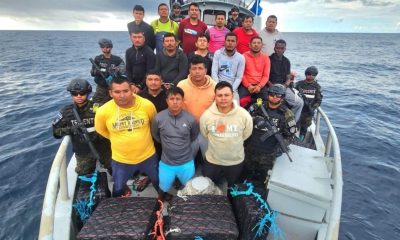
 Central America3 days ago
Central America3 days agoEl Salvador ranks among top countries in the Americas in fight against organized crime
-

 Central America3 days ago
Central America3 days agoBukele says AI partnership with xAI will transform public education in El Salvador
-

 International2 days ago
International2 days agoRubio rules out 2028 presidential bid if Vance runs
-
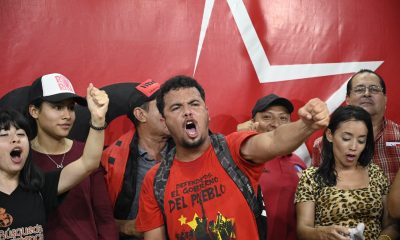
 Central America2 days ago
Central America2 days agoArrests and clashes in Tegucigalpa as vote count continues after Honduras election
-
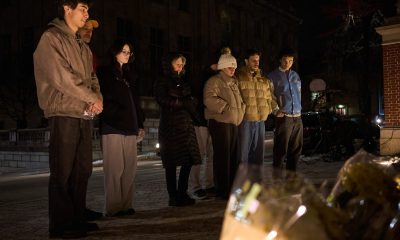
 International2 days ago
International2 days agoAuthorities search for armed and dangerous suspect in fatal Brown University attack


























